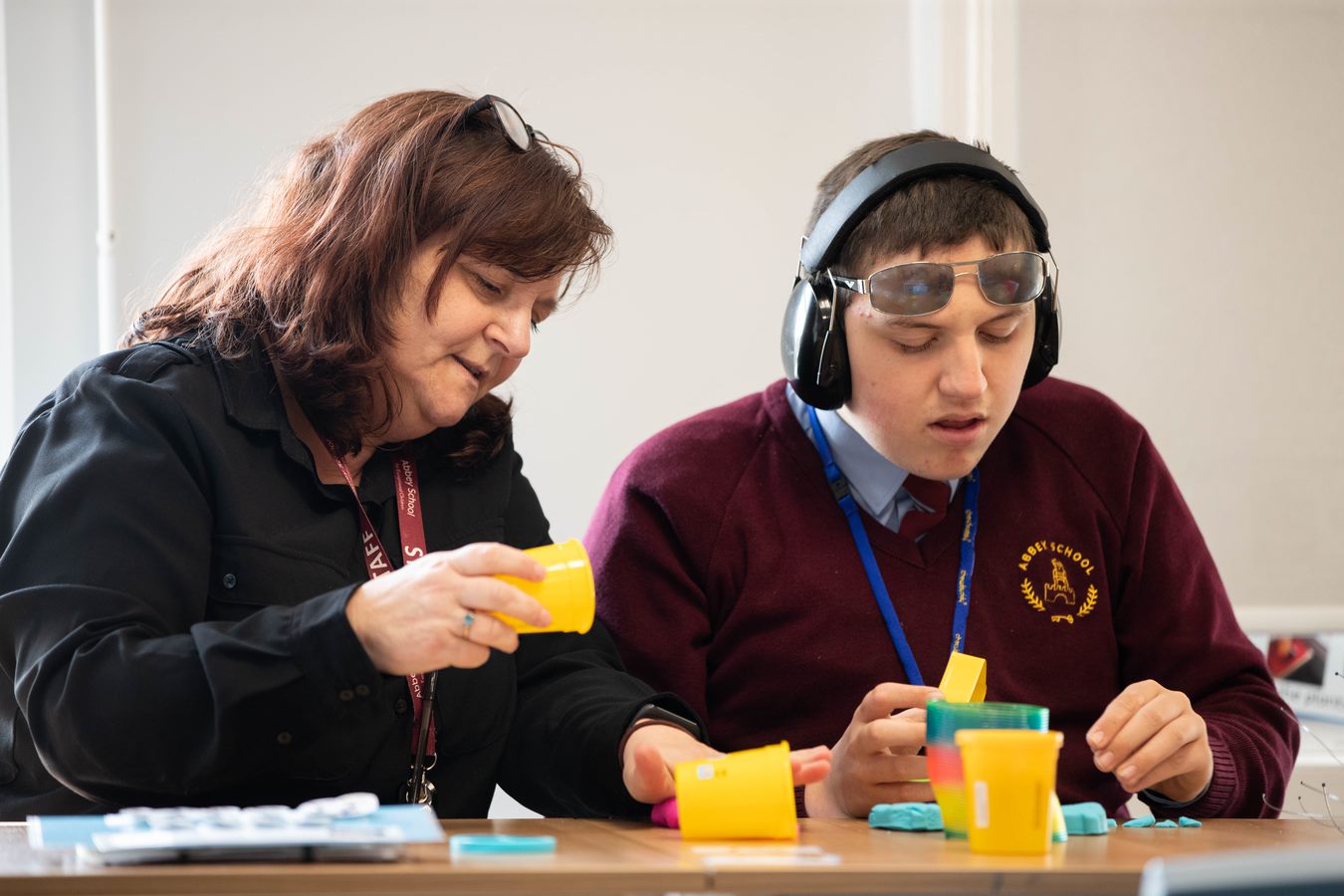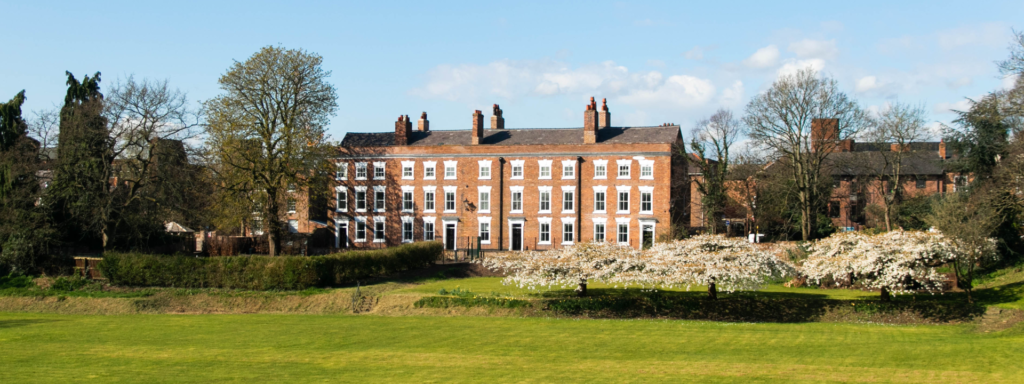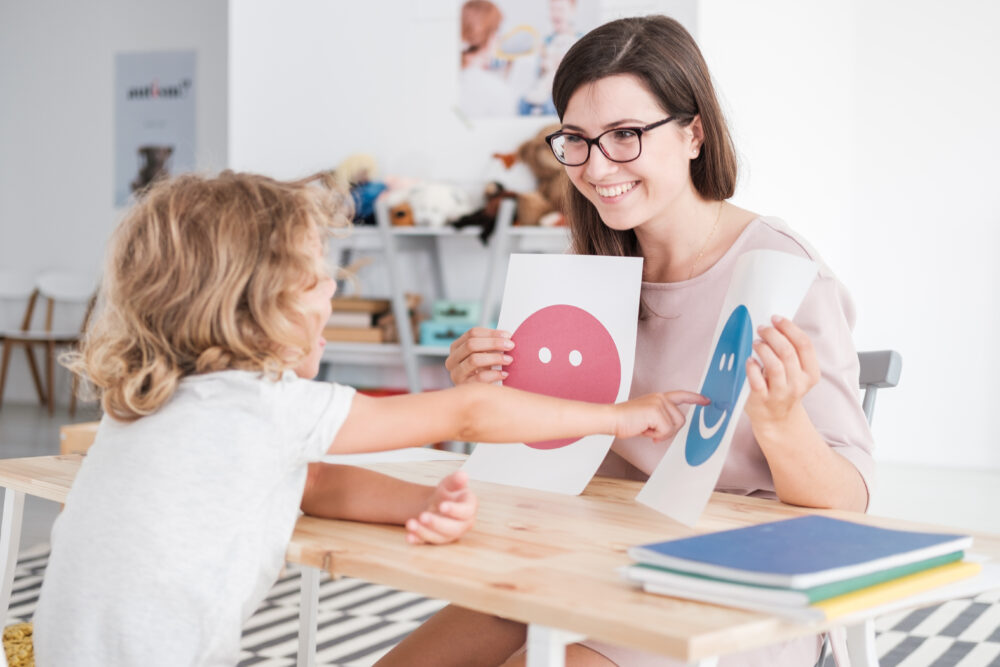By Abbey School Principal Dr Katy Lee
SEND is often referred to as a sector in crisis. In too many cases, delivering a truly excellent SEND educational experience appears to have fallen by the wayside as a key priority.
The Commons Select Committee report into the state of the sector which was published in late 2019 offers a damning assessment of the current situation; five years after government reforms were launched to better support children and young people with SEND, more than half of the first 100 areas inspected were found to have significant weaknesses in their provision.
The Commons report highlights that this is about more than budgets – a deep cultural shift is needed to reassess how we think about SEND provision.
Investing in an outstanding educational experience for our children and young people isn’t just a moral obligation and a key priority for their benefit, it also has hugely positive implications for our society as a whole.
At Abbey School for exceptional children we want to set a new standard in special education – a standard that is aspirational and imposes no limits on what can be achieved for each and every pupil.
Although we face a challenging landscape, we see a huge opportunity to rethink and reframe SEND provision.
Led by a desire to respond to children and young people with special educational needs, and their families, we developed the Abbey School Model (ASM), which aims to deliver an outstanding educational experience.
This autumn will mark an extremely exciting milestone as we look to open our doors and start to see the results of decades of planning and research into how to deliver the very best possible SEND education, come to life.
Why create The Abbey School Model?
We wanted to develop an evidence-based approach to enable us to consistently and regularly monitor the effectiveness of our engagement and teaching with pupils.
We worked closely with experts in our field to create an approach that leverages and brings together the most important and influential special education research and best practice.
The Abbey School Model is a synthesis of leading evidence-based practices developed by us to deliver our bespoke curriculum, which constantly evolves and improves.
At the core of our model is a deeply held belief that every pupil is a unique individual with potential. We believe that special educational needs and/or disability should not be a barrier to a valued lifestyle and that all children and young people without exception are entitled to access the best education and support available.
We see learning as a force that enables, empowers, and extends the boundaries of autonomy – giving young people the opportunity to be active participants and decision makers, with the ability to make choices.
So, what’s special about the Abbey School model?
Our unique model comprises five key ingredients:
1. BAGS:
The BAGS approach sits at the heart of our model; it creates a foundation which builds confidence, capability, and taps into each individual’s potential, enabling them to grow and thrive in a supported, trusting environment, where positive relationships are nurtured and prioritised, and where learners are encouraged to be active contributors with agency. A highly skilled team delivers a pupil-centred blended curriculum within a framework that is designed to achieve the following outcomes for pupils:
– Belonging and connection: being part of a community and having a network of valued relationships.
– Autonomy and control: having influence over day-to-day and life defining matters.
– Gifts and talents doing the things that are done really well, even better, and learning to do things that are important but may not be done at all.
– Speaking, listening and a sense of self: Communicating effectively in a variety of ways, not just speech, and having an identity that defines who I really want to be.
2. A bespoke curriculum
Our bespoke curriculum has been designed by us specifically to meet the needs of our pupils. Each pupil’s journey through the curriculum is personalised. Approaches to teaching and learning are individualised, goal-based and precisely assessed. The curriculum is delivered by transdisciplinary teams who benefit from a high level and intensive in-school training programme.
Our curriculum is designed around three personalised learning journeys, known as the ‘Three Es of Differentiation’. These are: engaging, exploring and establishing. Since many pupils with special educational needs demonstrate strengths in some areas whilst exhibiting difficulties in others, each pupil will follow a highly personalised journey throughout school based on their unique and diverse needs.
Learning journeys are flexible, enabling pupils to make progress through the three Es in each area of the curriculum in which they are working, based on their individual strengths and needs and their stage of development.
Personal, Social, Health and Economic education (PSHE) is a key element of our goal to provide the best educational experience possible. Each pupil, regardless of ability, is supported to be physically, emotionally and socially healthy.
3. Our trans-disciplinary team
Our highly-trained trans-disciplinary team is our most valuable resource in ensuring that pupils reach their best possible outcomes. Our model includes a comprehensive in-house training programme for staff – designed in strategic partnership with leading researchers, plus external training and postgraduate study opportunities.
Our team includes highly-trained and experienced multi-professional staff permanently based on-site who are able to offer a number of therapies – ensuring that students have access to the right support they need at the right times.
Our team includes: Qualified Teachers, Behaviour Analysts, Speech and Language Therapists, Occupational Therapists, Learning Mentors and Subject Specialists.
4. PBS: Positive Behavioural Support
PBS is a framework for assessing, promoting, and evaluating behaviour change in an ethical and culturally sensitive way. Support focuses on building new skills, rather than simply eliminating unwanted behaviour and is an essential element of learning, that we are committed to providing for our pupils. Our teaching, learning and behaviour support strategies are a synthesis of evidence-based approaches. These include behaviour analysis, positive behaviour support and person-centred inclusion with a focus on wellbeing.
5. The Abbey School Model App
Wrapping around our teaching and learning experience, our unique Abbey School App provides a digital framework which enables the school to evaluate and ensure the wellbeing of all school users, and help to ensure optimum effectiveness of teaching and high levels of engagement across all pupils.
Our App helps staff plan, deliver, and monitor provision for meaningful participation by pupils in activities of living and learning at school, home and in the community. It seamlessly interfaces with Person Centred Plans (PCP), Positive Behavioural Support (PBS) plans, and Education Health Care Plans (EHCP). While data from the App provides evidence of service activity and user outcome to aid commissioning decisions and inspections. Pupil engagement and learning are planned and evaluated continuously in real time and the app enables us to plan for, and test, how learning spreads to new situations and its durability over time.
Innovating for Excellence
We are an innovative learning organisation committed to continually designing and delivering the very best possible educational experience for our pupils, Our approach both harnesses and pioneers world-leading research to inform and shape what we do – we draw upon a broad range of current learnings to create the most holistic and effective approach possible.
As part of our commitment to innovation, we have brought together a number of evidence-based methods to provide an effective teaching and learning experience, which will enable our pupils and staff to thrive.
A key component of this is our strategic research partnership with SEND experts at Bangor University and University of Warwick – both globally renowned leaders in the field of SEND educational research and development.
The Abbey School Educational Research Alliance (ERA) is a unique academic partnership, which has enabled Abbey School staff to collaborate with both universities to explore and monitor the pupil learning experience, introduce evidence-based and innovative practices, and pioneer outstanding world-class research to drive positive change in the sector and create an outstanding educational experience.
We are passionate about the need to drive positive change and innovate for excellence and are investing over £1 million in research, development, evaluation.
Eventually, we plan to create an ‘open-source’ model for its research, where other schools and teachers will be able to access its research, and draw on the learnings and findings from ERA within their own educational settings.
Our research-based approach has led to development of approaches that enable our school to ensure the wellbeing of all school users, to support our teaching staff, and to ensure we are engaging with each pupil in the most effective way possible.
We are excited to see the impact of these innovations on the lives of our pupils and teachers and our wider community.


